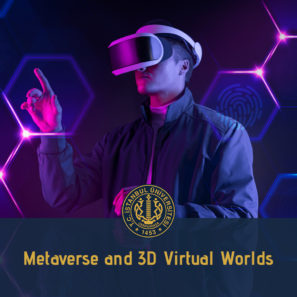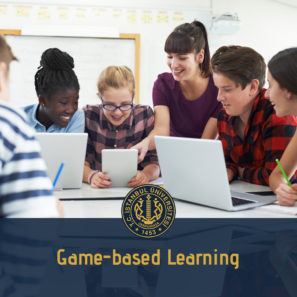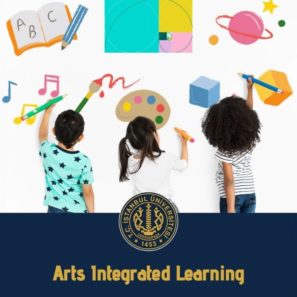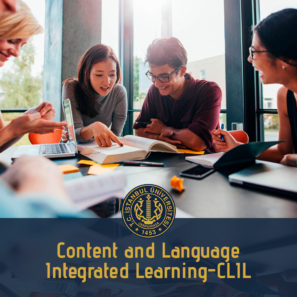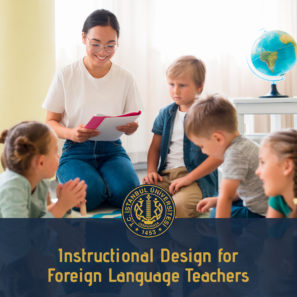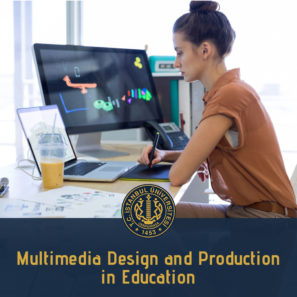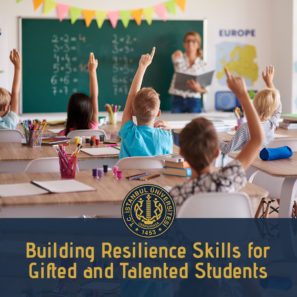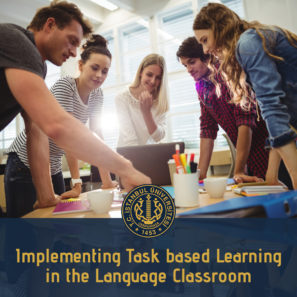Preparatıon:
The participants of the course are invited to participate in practice based exploration and design activities throughout the sessions. Exchange of best practices as well as the group presentation of the collaboratively designed tasks that aim the development of different skills at varying levels will be among the requirements of the course. The participants might find it useful to read some of the below listed reading material before joining the training as well:
- Booth, T. Nes, K. and Stömstad, M. (Eds) (2005) Developing inclusive teacher education. USA: RoutledgeFlamer.
- Hornby, G. (2009). Inclusive Special Education: Evidence Based Practices for Children with Special Needs and Disabilities.
- Kitchen, J. Tidwell, D. and Fitzgerald, L. (Eds) (2016). Self-study and diversity II: Inclusive Teacher Education for a Diverse World. USA: Sense Publishing.
- Kumwenda, P.(Ed) (2021). Introduction to inclusive/special education. Mzuzu: LPDP Consultancy.
- Reid, G. (2005).Dyslexia and Inclusion: Classroom Approaches for Assessment, Teaching and Learning. USA: Nasen.
- Winebrenner, M. S. (2018). Teaching Gifted Kids in Today’s Classroom: Strategies and Techniques Every Teacher Can Use. USA: Free Spirit.
Course descrıptıon
Inclusive Education course purpose is to develop foundational skills for setting up an inclusive program that meets the needs of students who are different from their peers (with disabilities and gifted ones) in general education settings. The course will introduce the different kind of students that is possible to meet in the regular classroom such as students with physical impairments, with learning disabilities, with attention deficit hyperactivity disorder and gifted students. The course promises to teach many of the most important strategies and activities that the teachers can use in inclusive education.
This course allows participants to get to know, experiment and practice Inclusive Education with a practical focus on the most innovative aspects of tasks- in a safe and truly international learning environment, through discussing and sharing best practices with fellow teachers and education staff from across Europe. With its highly interactive and practice-based structure, the course aims to provide concrete examples, ideas and tools to inspire and support educators in their lesson planning and helping students with special needs in the classroom.
Methodology
The training takes on a highly practical and participative perspective with hands-on approach that comprises an examination of inclusive education practices, design of activities for students with special needs and collaborative thinking/evaluation routines. We embrace collaboratively working methods that foster mutual learning and cooperation among participants. The focus of the training is on learning in an interactive and international environment applying knowledge of task types and task design to the real contexts and/or in the classroom. A wide array of pedagogical methods based upon experiential training, group and peer activities, learning-by-doing and best practices’ Exchange are employed throughout the course.
Learnıng Outcomes
This course aims to provide teachers, education staff and psychological counselors with the much needed know-how to design and implement inclusive education activities in the classroom
Therefore, upon successful completion of the course, the participants will be able to:
- Get acquainted with the main components and tenets of inclusive education
- Identify different types of students with special needs in the regular classroom
- Learn how to design, prepare and deliver interactive tasks for different students in the classroom
- Learn about the psycho-social needs of the special students and motivate them to get rid of the difficulties
- Construct tasks for IEP
- Exchange good practices and discuss challenges with fellow colleagues and the course trainers.
Follow-up
The participants will be required to develop and share their own lesson scenario for a student with special needs, to be followed by a structured feedback session. Additionally, given a chance to network with individuals and organizations working in the education field in Europe through everyday cooperation and team-building activities, the participants might further their practice on tasks by extended experience sharing sessions.
Specıfıcs
This standard indicative daily programme might be personalized on participants’ needs and professional profiles. Networking, preparation and team build up activities to be located on the first day; and follow up, specific needs and cultural activities on the last day.
Course Venue
Istanbul University – Cerrahpaşa Continuing Education Center
Course Date
| Date | Course Times | Course Content |
| Day1 |
|
|
| Day2 |
|
|
| Day3 |
|
|
| Day4 |
|
|
| Day5 |
|
|
INSTRUCTORS
Program Coordinator
Instructors
The number of partIcIpants
5 – 15 participants
CertIfIcate
Digital certificate.
Type of EducatIon - Place
Face to Face or Distance Education
PAYMENT
You can choose one of the following payment methods EFT and Credit Card.
BANK ACCOUNT INFORMATION
Euro Account
Banka Adı (Bank Name): TC Halk Bankası
Şube Adı (Branch Name): Cerrahpaşa
Hesap No (Account ): 0058 1000 60
SWIFT: TRHBTR2A
Explanation: İstanbul Üniversitesi Cerrahpaşa Sürekli Eğitim MerkeziEUR İBAN: TR51 0001 2001 5300 0058 1000 60
İlgili ürünler
Erasmus+ KA1 Courses
Erasmus+ KA1 Courses
Erasmus+ KA1 Courses
Erasmus+ KA1 Courses
Erasmus+ KA1 Courses
Erasmus+ KA1 Courses
Erasmus+ KA1 Courses
Erasmus+ KA1 Courses


